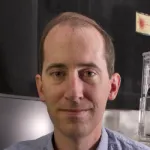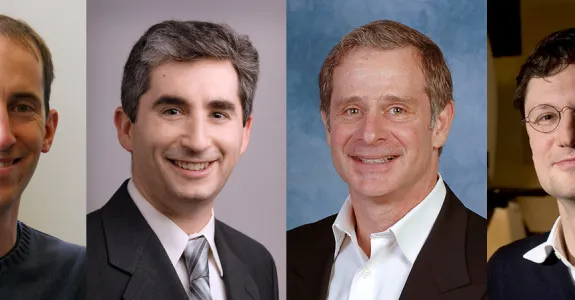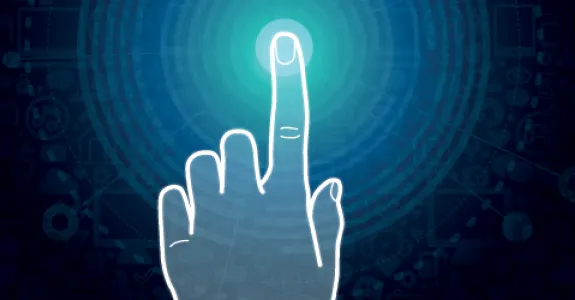Alexander Dunn, Chemical Engineering
Novel Molecular Force Probes to Investigate the Mechanism of Touch Sensation


September 30, 2010
Grants awarded to Stanford faculty, inlcuding Bio-X affiliates Lynette Cegelski, Alexander Dunn, Brian Feldman, Gary Peltz,...

February 26, 2014 - Stanford Report
Research conducted by Bio-X Affiliated faculty Alex Dunn and Miriam Goodman using technology developed in an...